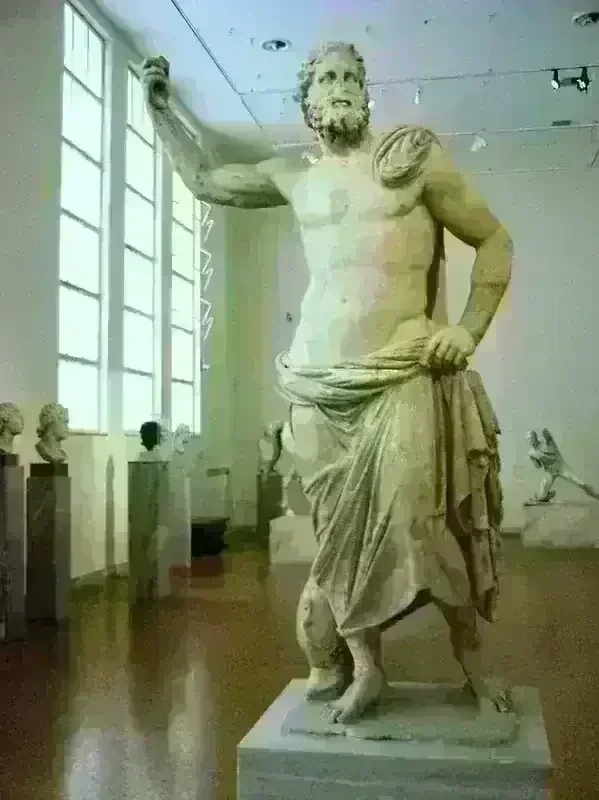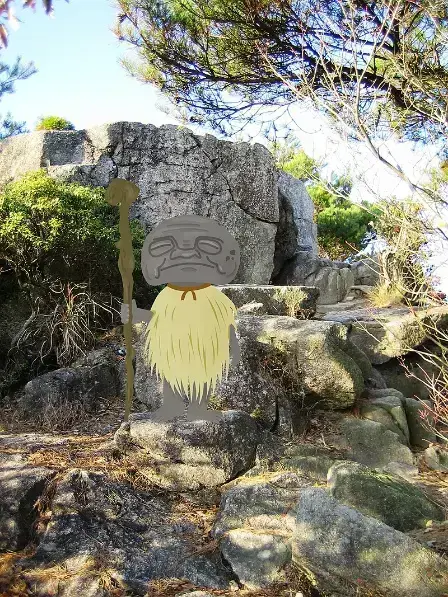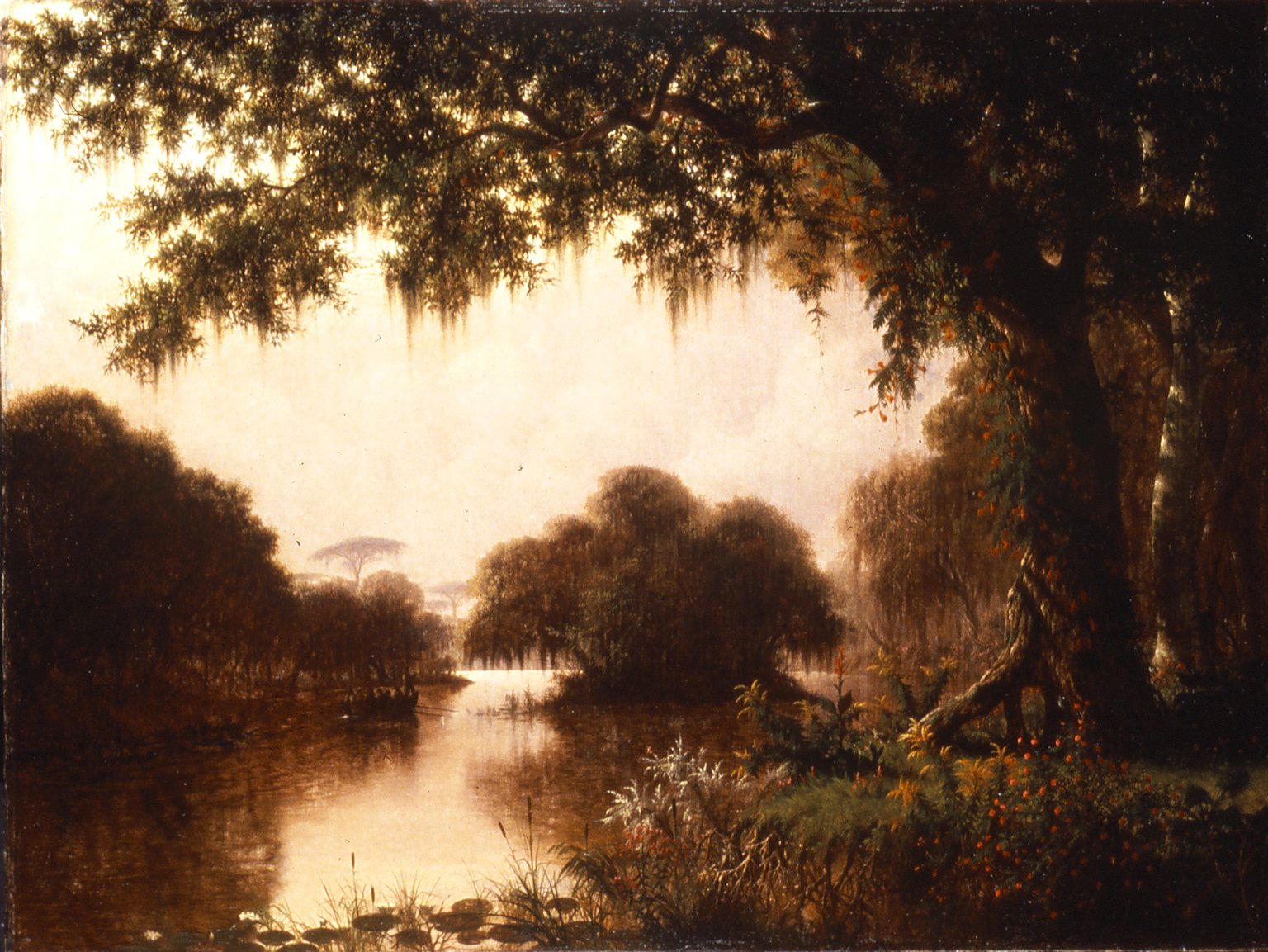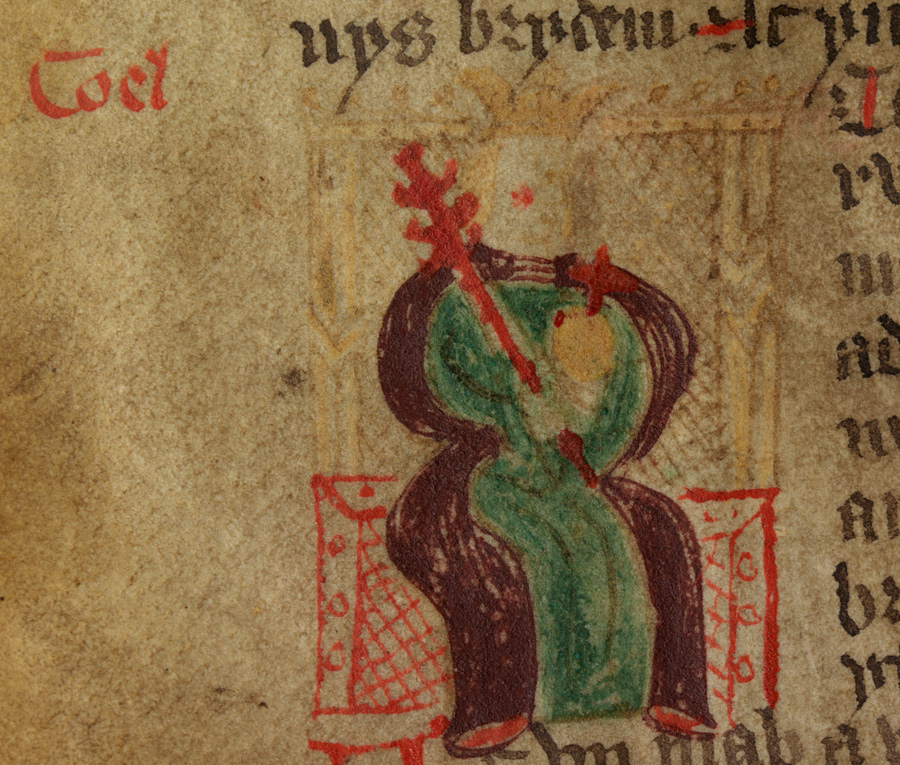Poseidon

Poseidon, one of the twelve Olympian deities of ancient Greek religion and mythology, ruled over the seas, storms, earthquakes, and horses. As protector of sailors and guardian of many Greek cities, his influence extended across the Mediterranean world.
In Bronze Age Greece, before the establishment of the Olympian pantheon, Poseidon held supreme status in cities like Pylos and Thebes, where he was known as the "earth shaker." The people of Arcadia maintained unique traditions about him, connecting him to Demeter and Persephone and worshipping him both as a horse deity and water god. Throughout Greek culture, Poseidon retained these dual associations - he was celebrated as the master of horses who could create springs with his trident, reflected in the linguistic connection between the Greek words for horses and springs.
According to Homer and Hesiod's accounts, Poseidon gained dominion over the seas when he and his brothers divided the world after overthrowing their father Cronus. While Zeus received the heavens and Hades the underworld, Poseidon claimed the oceans, with all three sharing authority over Earth and Mount Olympus. His role in Greek literature is particularly prominent in Homer's works - supporting the Greeks in the Iliad and pursuing vengeance against Odysseus in the Odyssey after the hero blinded his son Polyphemus.
The latter conflict resulted in devastating storms that destroyed Odysseus's ship and crew, extending his journey home by a decade. Poseidon's realm later featured prominently in Plato's dialogues as the location of Atlantis.
Poseidon was known for engaging in contests with other gods for patronage of cities. His most famous competition was with Athena for Athens, which he lost. Though he maintained a presence on the Acropolis through his surrogate Erechtheus, he punished the Athenians for rejecting him by flooding the Attic plain. This pattern of vengeful flooding repeated in other cities where he lost similar contests, establishing his reputation as a fearsome deity who demanded respect regardless of patron status.
While some scholars have debated whether Poseidon originated as a Pelasgian or Minyan deity, others suggest he may have been, like Zeus, a universal god of Greek peoples from their earliest history.


